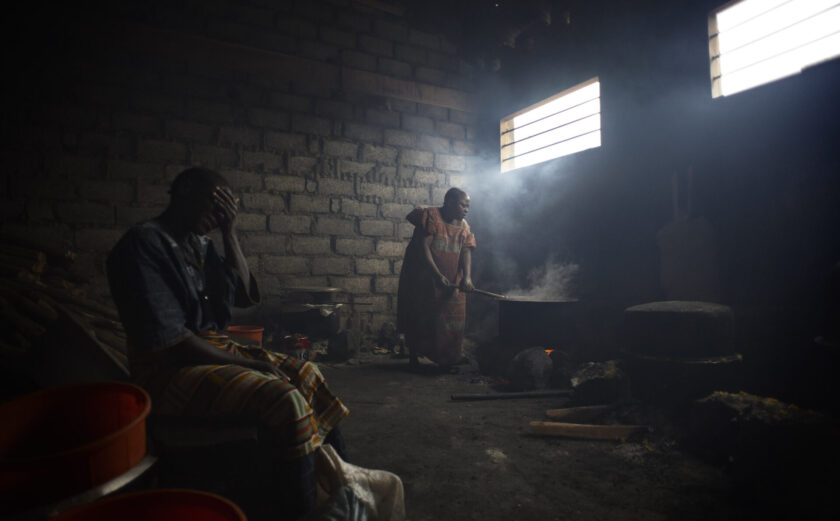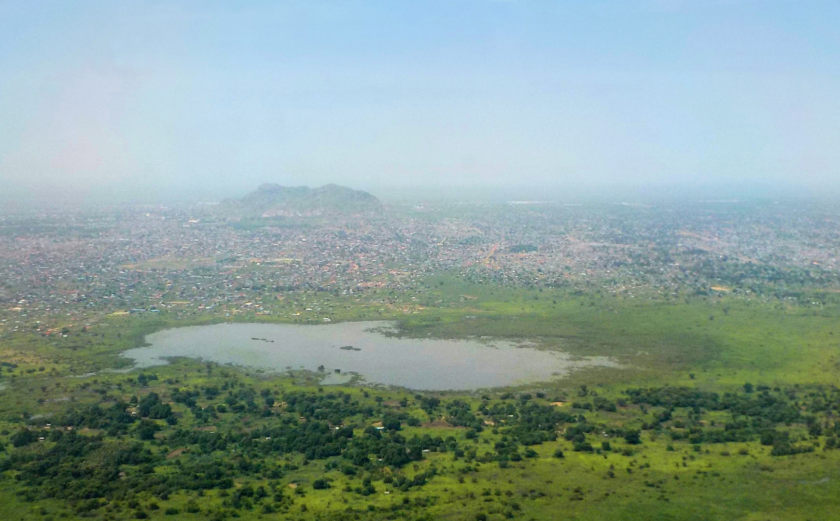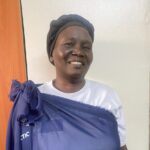
Rahima’s Journey to Recovery
Afghanistan Blog Series
After decades of conflict, instability, poverty, and natural disasters, one in two people living in Afghanistan suffer from psychological distress. For Afghan women, restrictions on their ability to work, study, and participate in social activities have led to widespread isolation and social withdrawal.
The harsh economic realities have contributed to a significant rise in domestic violence, forced marriages, sexual assault, and other forms of abuse, leading to high levels of psychological distress and post-traumatic stress disorder. Families unable to provide for all their children due to economic hardship have resorted to high-risk coping mechanisms, such as early and forced child marriages. Consequently, women and girls in Afghanistan are experiencing frequent and debilitating psychological distress.
Rahima*, a 25-year-old Afghan woman, has been struggling with her mental health after a forced marriage brought domestic violence. Then, against her will, her in-laws sent her back to her father’s home. Rahima’s family struggled to afford her mental health treatment, resorting to selling their home appliances to cover the costs. Medication provided initial improvements, however the family struggled to afford the continued cost and her condition relapsed. Her life was transformed through a U.S.-funded project entitled Fostering Resilience in Afghanistan through Multi-Sector Emergency Support (FRAMES).
The FRAMES Project
FRAMES is a 35-month project funded by the U.S. Agency for International Development’s Bureau for Humanitarian Assistance, targeting over 700,000 individuals in Afghanistan. FRAMES’s partners—World Vision, Catholic Relief Services, and Action Contre la Faim—are meeting urgent needs while increasing resilience to future shocks by supporting vulnerable, rural communities. Through FRAMES, these three organizations implement a holistic approach to address gaps in targeted areas, coordinating closely to provide integrated food, agriculture, health, nutrition, protection, shelter, and water, sanitation, and hygiene services.
Within FRAMES, World Vision (WV) Afghanistan’s Mental Health and Psychosocial Support (MHPSS) program is an integral part of its healthcare facilities, both mobile and static, implementing a comprehensive gender-responsive approach to address the pressing needs of women and girls in Afghanistan. The project provides a range of services, including treatment delivered by doctors and focused non-specialized care through psychosocial support counselors and midwives. The MHPSS activities are closely integrated with the project’s interventions in the health and nutrition sector, ensuring a holistic and coordinated response.
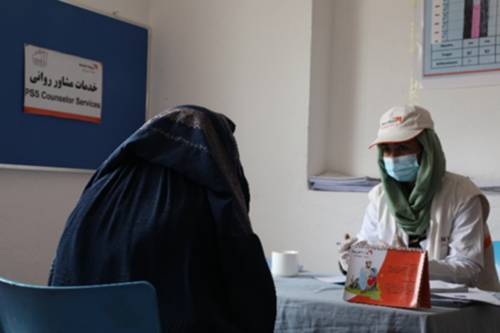
To ensure comprehensive care, all doctors, midwives, and nurses undergo training in MHPSS to provide psychological first aid—counseling and treatment for individuals with mental health issues. Additionally, World Vision has an MHPSS counselor in each clinic dedicated solely to offering counseling services. This specialized position ensures that patients receive focused attention and support tailored to their mental health needs.
To enhance accessibility, the project has established a dedicated hotline system that provides mental health and psychosocial support counseling services, focused on reaching vulnerable women who face barriers in accessing health centers. Consequently, 206 cases like Rahima’s have been identified, and out of these, 172 individuals have received Individual Protection Assistance services. Additionally, the project operates child-friendly spaces that offer tailored MHPSS counseling services to children.
This approach has proven life-changing for women like Rahima.
Rahima’s Story
A year ago, Rahima’s family brought her to WV Afghanistan’s health center in a remote village. She was withdrawn and unresponsive. After initial assessments, WV Afghanistan’s psychosocial nurse, Mahbooba*, and her team recognized Rahima’s severe stress and mental health struggles. They referred her to a district hospital for specialized treatment, which WV Afghanistan covered, including medication and transportation. While she showed some improvement initially, Rahima still faced verbal abuse from villagers, prompting her family to relocate to the city in hopes of a more supportive environment.
“I was monitoring the patient closely,” said Mahbooba. “I kept in touch with her sister, who informed me of Rahima’s deteriorating condition and her family’s decision to send her back to her husband’s home.”
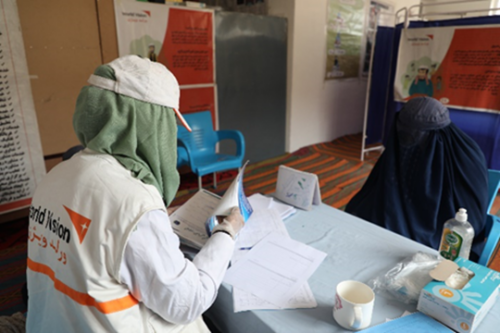
Rahima faced further hardship when her in-laws rejected her, leading to divorce, which worsened her circumstances and resulted in her becoming violent toward her own family. Despite the challenges, Mahbooba remained hopeful, believing in Rahima’s potential for recovery.
Together with Rahima’s family, Mahbooba arranged for her referral to a well-equipped hospital in another province for further treatment. After a week-long hospitalization, Rahima returned and met again with Mahbooba, who encouraged her family to facilitate social interactions. “I held regular counseling sessions with her and provided medication for two weeks until she began opening up and sharing about her life,” Mahbooba explained.
With time, Rahima’s health improved and she became more social and engaged with others. She immersed herself in vocational pursuits, focusing on her future rather than dwelling on her past. “She is much more sociable now,” Mahbooba noted. “Her health has improved significantly.”
In a few weeks, Rahima began attending the clinic independently. Now, she is actively and excitedly pursuing vocational opportunities. Mahbooba and the entire clinic team were delighted to witness the positive transformation in Rahima’s life, despite the initial lack of hope for her recovery.
While these interventions have made significant progress in addressing the MHPSS needs of women, girls, and children in Afghanistan, the persistent challenges and high levels of psychological distress necessitate continued support.
United States funding makes projects like FRAMES possible, providing the people of Afghanistan with support and opportunities amid ongoing challenges.
—
*Names have been changed to protect identities.


